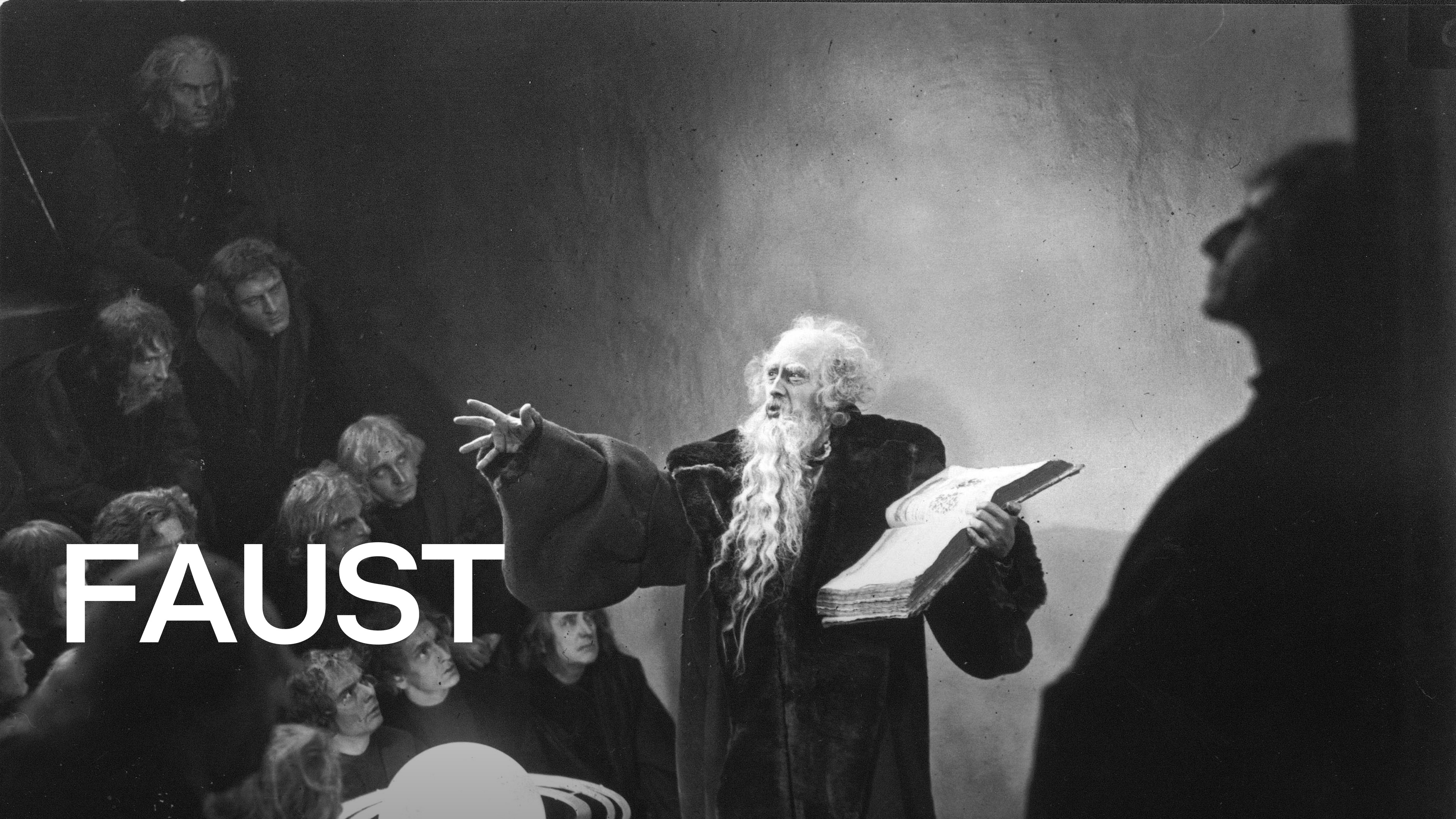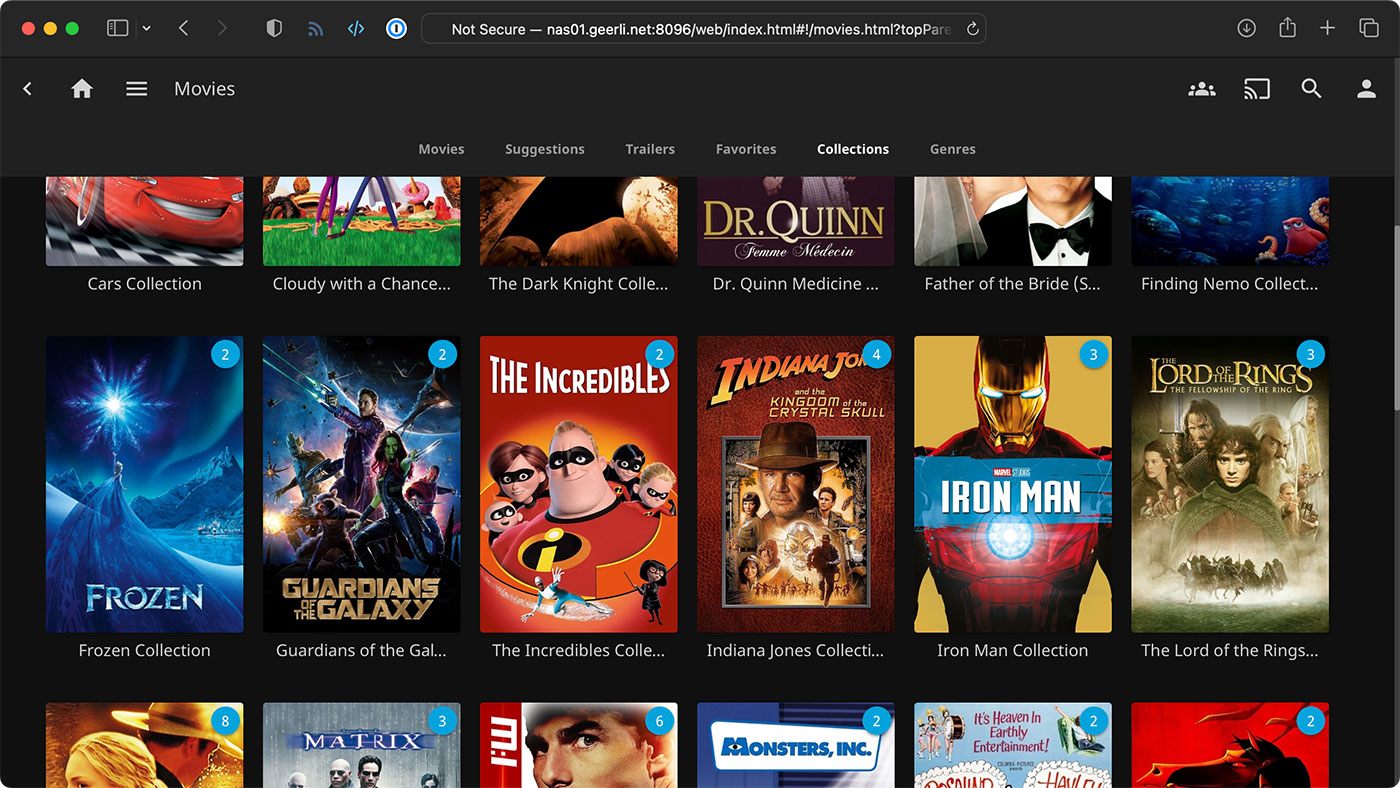
Faust: A German Folk Legend is a timeless masterpiece that has captivated audiences for decades. This iconic movie, based on the German legend of Faust, explores themes of morality, temptation, and the pursuit of ultimate knowledge. Directed by acclaimed German filmmaker, F.W. Murnau, Faust takes viewers on a mesmerizing journey through the battle between good and evil.
With its stunning cinematography, innovative special effects, and powerful performances, Faust has become a landmark in the history of cinema. In this article, we will delve into the fascinating world of Faust and uncover 48 intriguing facts that will deepen your appreciation for this legendary film. From behind-the-scenes secrets to notable trivia, prepare to be amazed by the rich tapestry of information surrounding this cinematic gem.
Key Takeaways:
- Faust: A German Folk Legend is a timeless masterpiece of German Expressionist cinema, featuring stunning visuals, powerful performances, and a captivating story of love, temptation, and the human condition.
- The film’s influence transcends time and culture, leaving a lasting impact on cinema and popular culture, making it a must-watch for anyone who appreciates the art of storytelling.
Groundbreaking German Expressionist Film
Faust: A German Folk Legend is considered one of the most important films of the German Expressionist movement, characterized by its dark and dramatic visual style.
Adaptation of Johann Wolfgang von Goethe’s Play
The film is based on Johann Wolfgang von Goethe’s tragic play “Faust,” which was written in the early 19th century.
Friedrich Wilhelm Murnau’s Visionary Direction
Director F.W. Murnau, known for his innovative storytelling techniques, brought his visionary approach to the film, creating stunning visuals and atmospheric scenes.
Emil Jannings as Mephisto
Emil Jannings, a renowned German actor of the time, portrayed the devilish character of Mephisto with great charisma and presence.
Greta Schroeder as Gretchen
Greta Schroeder delivered a powerful and emotional performance as Gretchen, Faust’s love interest, depicting her character’s journey from innocence to tragedy.
Epic in Scale
Faust: A German Folk Legend is an epic film that spans multiple locations and features grandiose sets and costumes that bring the story to life.
Experimental Use of Lighting and Shadows
Murnau employed innovative lighting and shadow techniques to create a surreal and otherworldly atmosphere throughout the film.
Influential Visual Style
The film’s artistic and atmospheric visuals have had a lasting impact on cinema, inspiring filmmakers for generations to come.
Combination of Realism and Fantasy
Faust: A German Folk Legend skillfully blends realistic settings with fantastical elements, blurring the line between the natural and supernatural realms.
Murnau’s Expertise in Silent Film Storytelling
Murnau’s mastery of silent film storytelling is evident in the way he effectively conveys emotion and narrative without the use of dialogue.
Acclaimed Cinematography by Carl Hoffmann
Cinematographer Carl Hoffmann’s work on Faust: A German Folk Legend is highly praised for its stunning compositions and use of light and shadow.
Iconic Images
The film is filled with iconic images that have become synonymous with the Faust legend, such as the devil’s fiery appearance and the climactic battle between good and evil.
Music by Werner Richard Heymann
The film’s original score by composer Werner Richard Heymann enhances the eerie and dramatic atmosphere of the story, adding to its impact.
Cultural Significance
Faust: A German Folk Legend is not only a cinematic masterpiece but also a cultural landmark that reflects the themes and anxieties of the time it was made.
Inspiration for Future Films
The visual and thematic elements of Faust: A German Folk Legend have influenced countless films in various genres, including horror, fantasy, and drama.
International Critical Acclaim
The film received widespread critical acclaim, both in Germany and internationally, for its technical achievements and emotional impact.
Restored Versions
Over the years, various restored versions of the film have been released, ensuring that audiences can experience it in its full glory.
Preservation in the U.S. National Film Registry
Faust: A German Folk Legend was selected for preservation in the United States National Film Registry, recognizing its significance to American culture.
Expressionist Artistic Movement
The film is a prime example of the German Expressionist artistic movement, which aimed to explore the inner emotions and psychological realities of its characters.
Emotional Impact
Through its powerful storytelling and emotional performances, Faust: A German Folk Legend continues to resonate with audiences, eliciting both awe and empathy.
Theme of Temptation
One of the central themes of the film is the concept of temptation and the consequences of giving in to one’s desires.
German Cultural Heritage
Faust: A German Folk Legend is deeply rooted in German folklore and mythology, making it an important part of the country’s cultural heritage.
The Faustian Bargain
The story of Faust making a pact with the devil has become a metaphor for making immoral choices in exchange for personal gain.
Murnau’s Directorial Genius
Murnau’s directorial vision shines through in every frame of the film, showcasing his incredible talent for storytelling and visual aesthetics.
Poetic and Symbolic Elements
Faust: A German Folk Legend is filled with poetic and symbolic elements, adding depth and layers of meaning to the narrative.
Challenges of Silent Filmmaking
Creating a compelling silent film required the filmmakers to rely on visual storytelling and expressive performances to engage the audience.
Transcending Language Barriers
Due to its lack of dialogue, Faust: A German Folk Legend can be enjoyed by audiences around the world regardless of their native language.
The Power of Love
The film explores the transformative power of love through the tragic romance between Faust and Gretchen.
Moral Dilemmas
Faust: A German Folk Legend raises thought-provoking moral dilemmas, prompting the audience to reflect on the choices they make in life.
The Human Condition
The film delves deep into the complexities of the human condition, examining themes of guilt, redemption, and the pursuit of knowledge.
Timeless Themes
Despite being set in a specific time period, the themes explored in Faust: A German Folk Legend remain relevant and relatable to modern audiences.
Faust’s Inner Struggles
The internal struggles faced by the protagonist, Faust, mirror the internal conflicts experienced by individuals in their quest for fulfillment.
Haunting Visuals
The hauntingly beautiful visuals in the film leave a lasting impression, immersing the audience in a mesmerizing world of darkness and light.
The Duality of Human Nature
Faust: A German Folk Legend explores the dual nature of human beings, highlighting the constant battle between good and evil within each individual.
Influence on Popular Culture
The film’s influence can be seen in various aspects of popular culture, from literature to music and even fashion.
Faust’s Ultimately Tragic Journey
The film takes the audience on a gripping and ultimately tragic journey as Faust’s quest for knowledge and pleasure leads to his downfall.
Murnau’s Commitment to Authenticity
Murnau went to great lengths to ensure the authenticity of the film, immersing himself in research to accurately portray the time period and setting.
Historical and Mythological References
Throughout Faust: A German Folk Legend, there are references to historical events and mythological figures, enriching the narrative with cultural depth.
Visual Effects Innovations
Murnau and his team utilized innovative visual effects techniques to bring supernatural elements to life, pushing the boundaries of what could be achieved on-screen.
A Testament to the Power of Silent Film
Faust: A German Folk Legend stands as a testament to the enduring power of silent film as a medium for storytelling and artistic expression.
Multiple Interpretations
The film allows for multiple interpretations, leaving room for personal reflection and different perspectives on its themes and symbolism.
Preservation Efforts
Thanks to dedicated preservation efforts, future generations can continue to appreciate the brilliance of Faust: A German Folk Legend.
Transcending Time and Space
The story of Faust transcends time and space, resonating with audiences across cultures and generations.
The Power of Music in Silent Films
The film’s beautifully composed music heightens the emotional impact of the narrative, showcasing the power of music in silent films.
A Meditative Cinematic Experience
Faust: A German Folk Legend provides a meditative and thought-provoking cinematic experience, challenging viewers to contemplate life’s most existential questions.
Praised Performances
The performances in the film, particularly by Jannings and Schroeder, have been widely acclaimed for their ability to evoke emotions without uttering a single word.
Cult Following
Over the years, Faust: A German Folk Legend has gained a devoted cult following that appreciates its artistic merit and timeless storytelling.
A Cultural Treasure
Faust: A German Folk Legend is not just a film; it is a cultural treasure that continues to inspire and captivate audiences worldwide.
So there you have it, 48 fascinating facts about the movie Faust: A German Folk Legend. It’s a film that has stood the test of time and left an indelible mark on the history of cinema. Whether you’re a fan of German Expressionism, silent films, or simply love a good tale of love and redemption, this movie is a must-watch. Explore the depths of Faust’s journey as he grapples with the forces of good and evil, and let yourself be swept away by its visionary storytelling and captivating performances.
Conclusion
Faust: A German Folk Legend is a classic movie that has captivated audiences for decades. With its compelling story, exceptional performances, and stunning visuals, it has solidified its place in cinematic history. The movie explores complex themes such as desire, temptation, and the pursuit of knowledge, leaving viewers questioning their own moral boundaries.Through this article, we have delved into 48 fascinating facts about Faust, shedding light on its production, inspirations, and the impact it has had on the film industry. From its origins as a German folk legend to its adaptation on-screen, Faust continues to be a thought-provoking and influential movie.If you haven’t seen Faust yet, we highly recommend adding it to your movie watchlist. You’ll be treated to a cinematic masterpiece that will captivate your imagination and leave you pondering profound questions about the human condition.
FAQs
Q: Who directed the movie Faust: A German Folk Legend?
A: Faust was directed by the acclaimed German filmmaker, F.W. Murnau. He was known for his innovative filmmaking techniques and is considered one of the pioneers of German Expressionism.
Q: Is Faust based on a true story?
A: No, Faust is not based on a true story. It is an adaptation of the German folk legend of Faust, a scholar who makes a pact with the devil.
Q: When was Faust released?
A: Faust was released in 1926. It is a silent film that spans over two hours, showcasing the artistic brilliance of the era.
Q: What was the impact of Faust on the film industry?
A: Faust had a significant impact on the film industry, particularly in terms of its visual effects and storytelling techniques. It pushed the boundaries of cinematic artistry and influenced many future filmmakers.
Q: Can I watch Faust with subtitles?
A: Yes, there are several versions of Faust available with English subtitles. This allows viewers who do not understand the original German dialogue to enjoy the film’s beauty and depth.
Q: Does Faust have any sequels?
A: No, Faust does not have any official sequels. However, the story of Faust has been adapted and retold in various forms of literature, theater, and cinema over the years.
Q: Is Faust suitable for all audiences?
A: Faust may not be suitable for younger audiences due to its mature themes and some intense scenes. It is generally recommended for viewers who appreciate art-house cinema and enjoy thought-provoking narratives.
Exploring the depths of Faust's legendary tale leaves one craving more captivating stories. Dive into the sorrows of young Werther, another masterpiece by Goethe, or uncover fascinating facts about drama that will leave you spellbound. For those seeking tales of valor and adventure, discover the legends of League of Legends, a world filled with mythical creatures and epic battles.
Was this page helpful?
Our commitment to delivering trustworthy and engaging content is at the heart of what we do. Each fact on our site is contributed by real users like you, bringing a wealth of diverse insights and information. To ensure the highest standards of accuracy and reliability, our dedicated editors meticulously review each submission. This process guarantees that the facts we share are not only fascinating but also credible. Trust in our commitment to quality and authenticity as you explore and learn with us.


